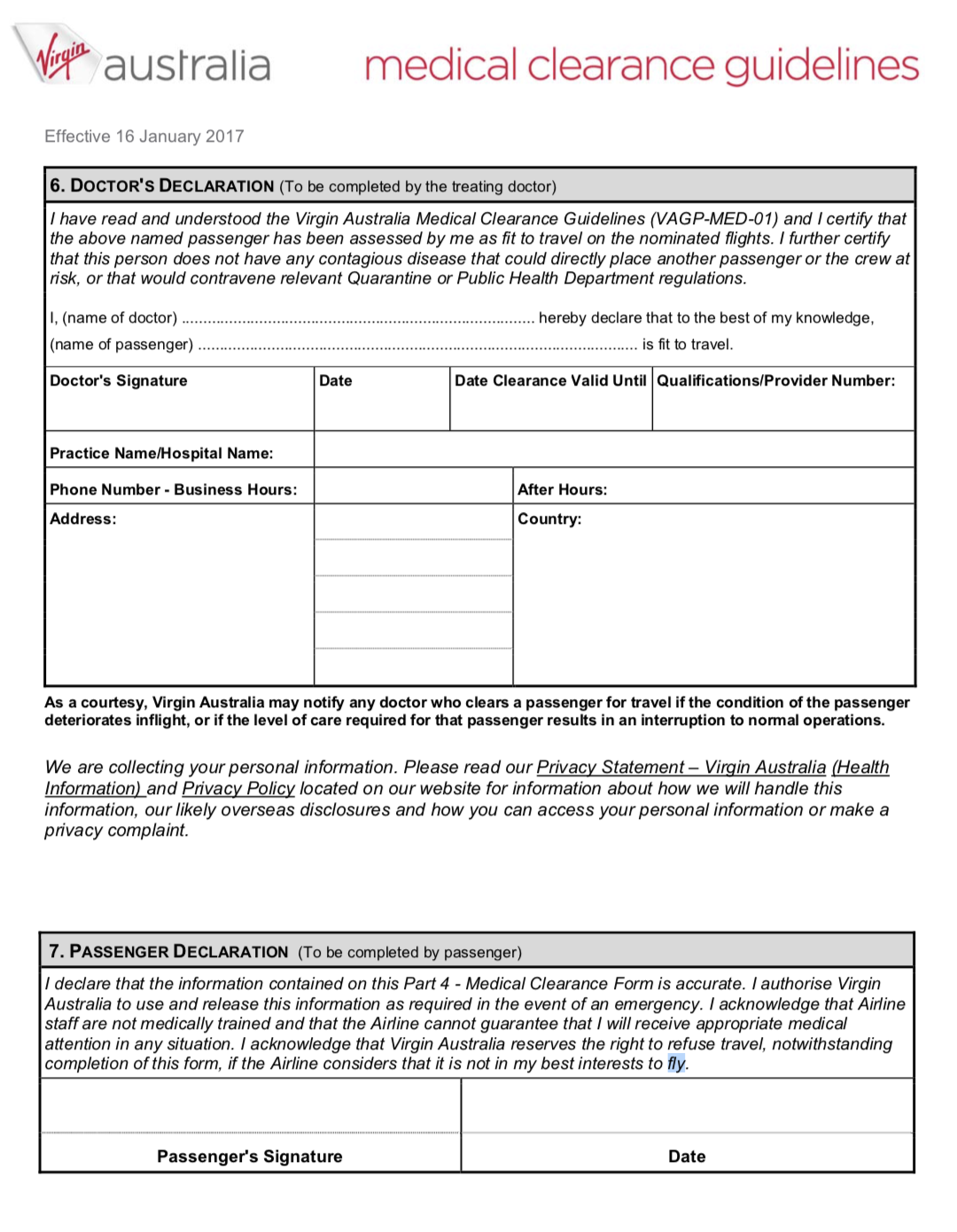Travel in pregnancy
Is it safe to travel in pregnancy?
Not always. There are a lot of things to think about before you book
Most common destinations are safe for most women to travel to throughout most of their pregnancy
Generally speaking, the further along you are in pregnancy and the more exotic your destination, the higher the risks to you and baby
Do consider….
Are you pregnant or planning a pregnancy?
How many weeks pregnant are you?
Where are you planning to travel to?
How long will you be away for?
Are the recommended immunisations or travel medications ok to use in pregnancy?
What airline, bus, train and/or cruise ship are you travelling with? What are their rules?
Are there infections like malaria or Zika?
Are there any precautions I need to take?
Perhaps. The advice in this blog is general in nature and not specific to your individual situation. Please check with your midwife or doctor before booking your travel.
Infections for everyone to think about
Live vaccines such as mumps, measles, rubella and chicken pox are NOT recommended in pregnancy
Influenza vaccination is recommended and safe for ALL pregnant women, even if they are not travelling
Hep A, typhoid, whooping cough, diphtheria and tetanus vaccines are safe
Travel to areas with Malaria can be difficult both in terms of choosing a suitable anti-malaria medication and because pregnant women can become much more sick with malaria, placing both themselves and their baby at risk
Areas with Zika are complicated — the advice given depends on how far along in pregnancy a woman is and also involves male partners who travel to Zika affected areas. If only the woman has travelled to a Zika area, it is recommended to wait 2 months AFTER returning before having sex without a condom. If the male has also travelled, or travelled alone, couples who are pregnant or planning a pregnancy are advised to wait 3 months AFTER returning before having sex without a condom or before trying to conceive. This applies even if you feel well
Practical stuff
Some airlines will NOT permit women to fly more than 4 hours after 36 weeks (32 weeks if carrying twins)
Some airlines require a certificate that a woman is fit to fly from 28 weeks
Some require that the certificate is no more than 10 days old
If you are planning to fly and travel after 28 weeks for more than 10 days, where will you get an updated certificate from? (This applies even within Australia!)
Even the Royal Flying Doctor Service or a medical evacuation service won’t be able to fly you home if the pilot thinks you may give birth in the plane. The fluid makes a right royal mess of their avionics and grounds the plane for some time afterwards
You will need a medical certificate to say you are fit to fly if you plan to travel within 7 days of having baby
Depending upon the policy of the airline, babies are not permitted to fly for 48-72 hours after birth and will need a certificate of fitness if they are to fly between 3 and 7 days after birth
Don’t forget
Make sure you are covered by your travel insurance for the pregnancy and birth and consider what would happen if you went into labour while travelling and baby was born early. Ask if your insurance would include the costs of a preterm baby and if not, look for another policy or reconsider your travel plans
What are the medical facilities like where you will be travelling to? If you are in active labour, it can be too dangerous to fly, so don’t assume you will be able to be flown home if something goes wrong. This includes travel within Australia, not just overseas
Comfort & safety
Consider paying extra for more leg room
Book an aisle seat to make it easier for you to get up and move around or go to the toilet
The longer you sit and/or the further along in pregnancy you are the higher the risk of a blood clot forming
Long flights towards the end of pregnancy are best avoided for both medical and practical reasons
Take home message:
Australians love to travel and often don’t consider the impact of pregnancy upon the risks involved in our journeys. This includes the risk of an unplanned pregnancy, risks of preterm birth, risks of infections we are not used to seeing in Australia and which can cause serious harm to mum and/or bub. BEFORE you book, BEFORE you leave, please consider are you or could you be pregnant? Are you planning a pregnancy in the next 6 months? If so, please get specific advice so you can make an informed decision.
Oh, and if you think you can’t afford travel insurance, seriously reconsider your plans. Travel while pregnant carries a whole other level of risk.
Further information is available on these websites:
CDC
Pregnancy, Birth and Baby
Smart Traveller
Virgin Australia
Qantas



